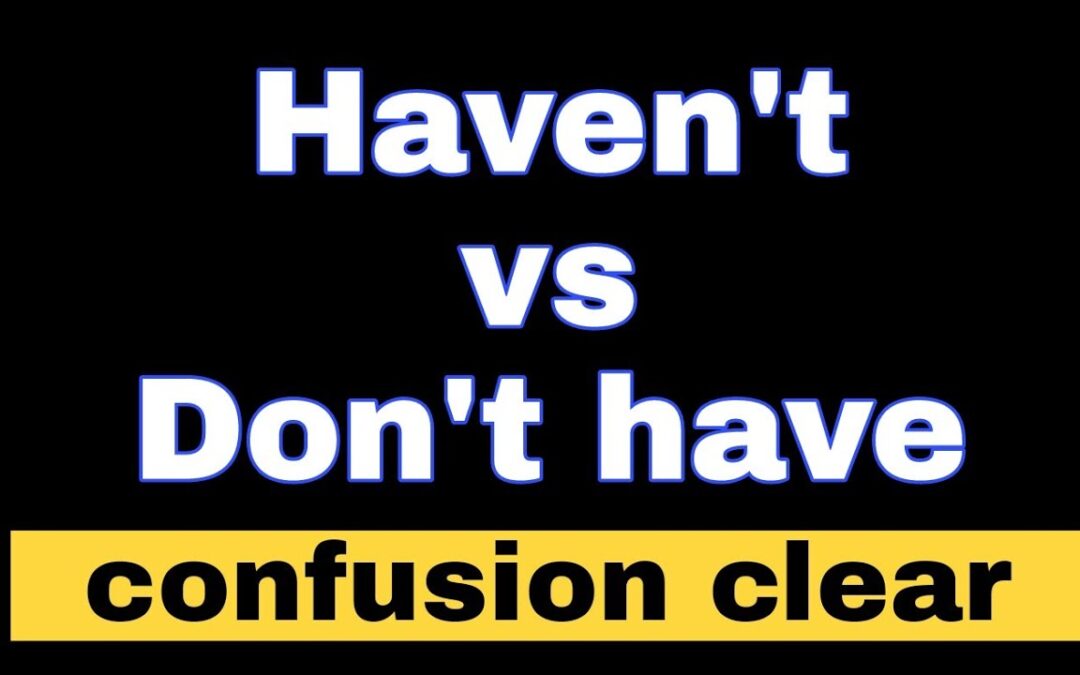
by Martin Burke | Nov 24, 2024 | This is how we say it
In a recent lesson, one of my students said ‘I haven’t the time’. When I corrected her by saying ‘I don’t have the time’, she was unsure as to why this would be the case and why we need the auxiliary verb ‘to do’. After...

by Martin Burke | Nov 21, 2024 | This is how we say it
Ah, the word fancy! It’s a small word but oh-so-mighty, packed with enough versatility to confuse even the savviest learners of English. Whether it’s a verb, an adjective, or a noun, this word fancies itself a linguistic chameleon. Today, we’re going to unravel...

by Martin Burke | Nov 15, 2024 | This is how we say it, Uncategorized
English learners often encounter challenges with the use of “much” and “many.” While the rules for these quantifiers are straightforward—”much” is used with uncountable nouns and “many” with countable nouns—the nuances...

by Martin Burke | Aug 9, 2024 | This is how we say it
Learners of English are taught that we use the preposition ‘to’ with the infinitive after certain verbs, for example… ‘I like to know’, ‘I need to talk’, ‘I want to go’, etc. This is certainly the case in formal English. However, there are five verbs where, in...

by Martin Burke | Mar 22, 2021 | This is how we say it
As a learner of English, have you noticed that native speakers sometimes pronounce the word ‘the’ like ‘thuh’ [/ˈðə/] but sometimes like ‘thee’ [/ˈðiː/]? Well, you may be surprised to know that for most native anglophones, although they know that they pronounce it...

by Martin Burke | Jan 19, 2021 | This is how we say it
Next and last or the next and the last? A student recently said to me ‘I won’t be available for my lesson the next week’. Although my student’s English is of an upper intermediate level, she hadn’t fully understood the difference between ‘next week’ and ‘the next...








Recent Comments